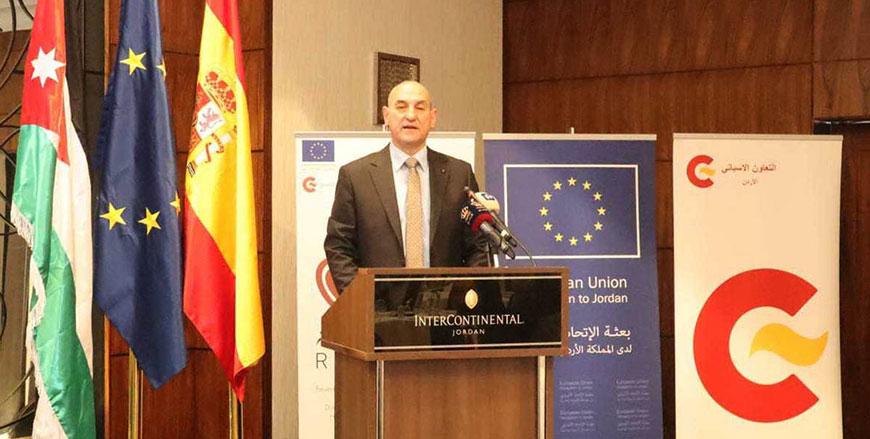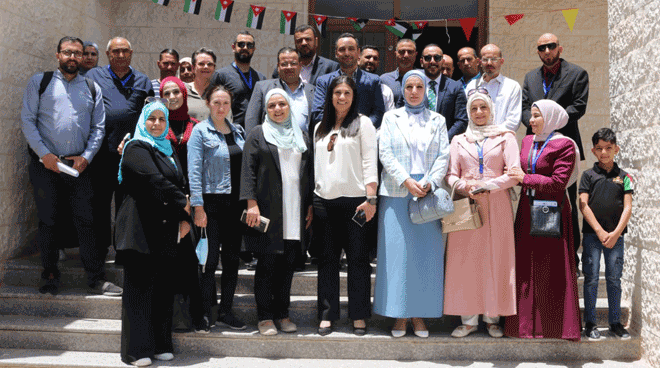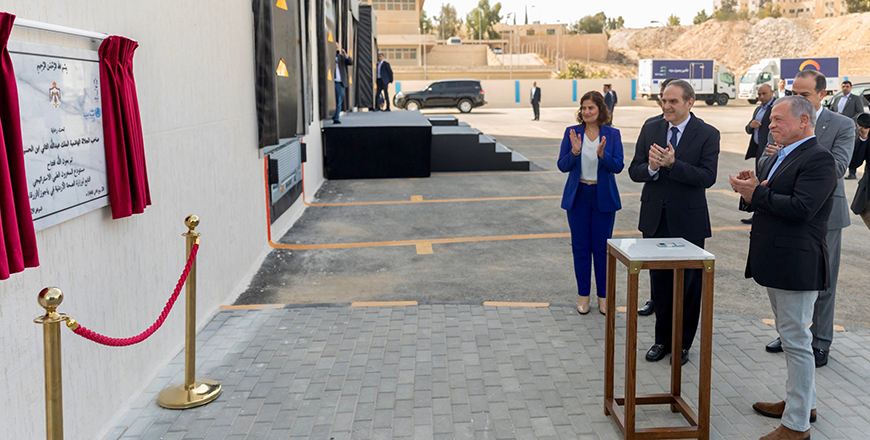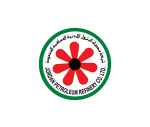You are here
Health Ministry concludes EU-funded 'Reayah' project
By JT - Feb 23,2025 - Last updated at Feb 23,2025
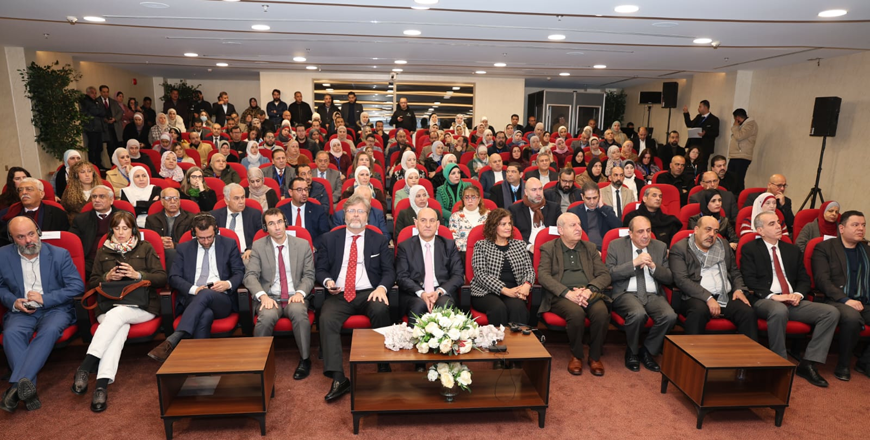
The four-year project, funded by the EU, aim to enhance healthcare services for non-communicable diseases among Jordanian citizens and Syrian refugees (Petra photo)
AMMAN — The Health Ministry on Sunday held the closing ceremony of the "Reayah" (Care) project in the presence of Minister of Health Firas Hawari and EU Ambassador Pierre-Christophe Chatzisavas and Spanish Ambassador Miguel de Lucas González.
The four-year project, funded by the EU, aimed to enhance healthcare services for non-communicable diseases (NCDs) among Jordanian citizens and Syrian refugees, the Jordan News Agency, Petra, reported.
Deputising for Hawari, Secretary-General of the Ministry of Health for Primary Health Care and Epidemiology Raed Shboul highlighted the project's role in enhancing Jordan’s healthcare system, benefiting communities in Mafraq, Ajloun, Tafileh and Irbid.
Shboul commended the project for improving healthcare quality and ensuring service sustainability, with funding provided by the EU through the Spanish Agency for International Development Cooperation and the Health, Childhood, and Social Care Foundation of the Spanish Ministry of Health.
Chatzisavas reiterated the European Union's commitment to supporting Jordan’s healthcare sector, underscoring the importance of international collaboration in addressing public health challenges.
The Spanish ambassador commended the ministry's leadership in implementing the project, which has improved access to essential health services for both Jordanians and refugees.
With a budget of 22 million euros from the European Union’s Regional Trust Fund in Response to the Syrian Crisis (Madad), the project rehabilitated 38 healthcare centres, established the Qadisiyah Comprehensive Health Centre in Tafileh, and equipped health facilities in Mafraq, Tafilah, and Ajloun with modern medical equipment and furniture.
It also expanded the electronic medical record system to over 40 centres, enhancing patient data management and early disease detection.
The project also provided training for over 5,000 Ministry of Health staff and introduced measures to ensure long-term sustainability through modern infrastructure, improved medical protocols and enhanced healthcare provider capabilities.
Related Articles
AMMAN — The Ministry of Health, in cooperation with the Jordan office of the Spanish Agency for International Development Cooperation (AECID
AMMAN — Under the framework of the Reayah project, stakeholders have been able to expand the implementation of the Healthy Community Clinics


